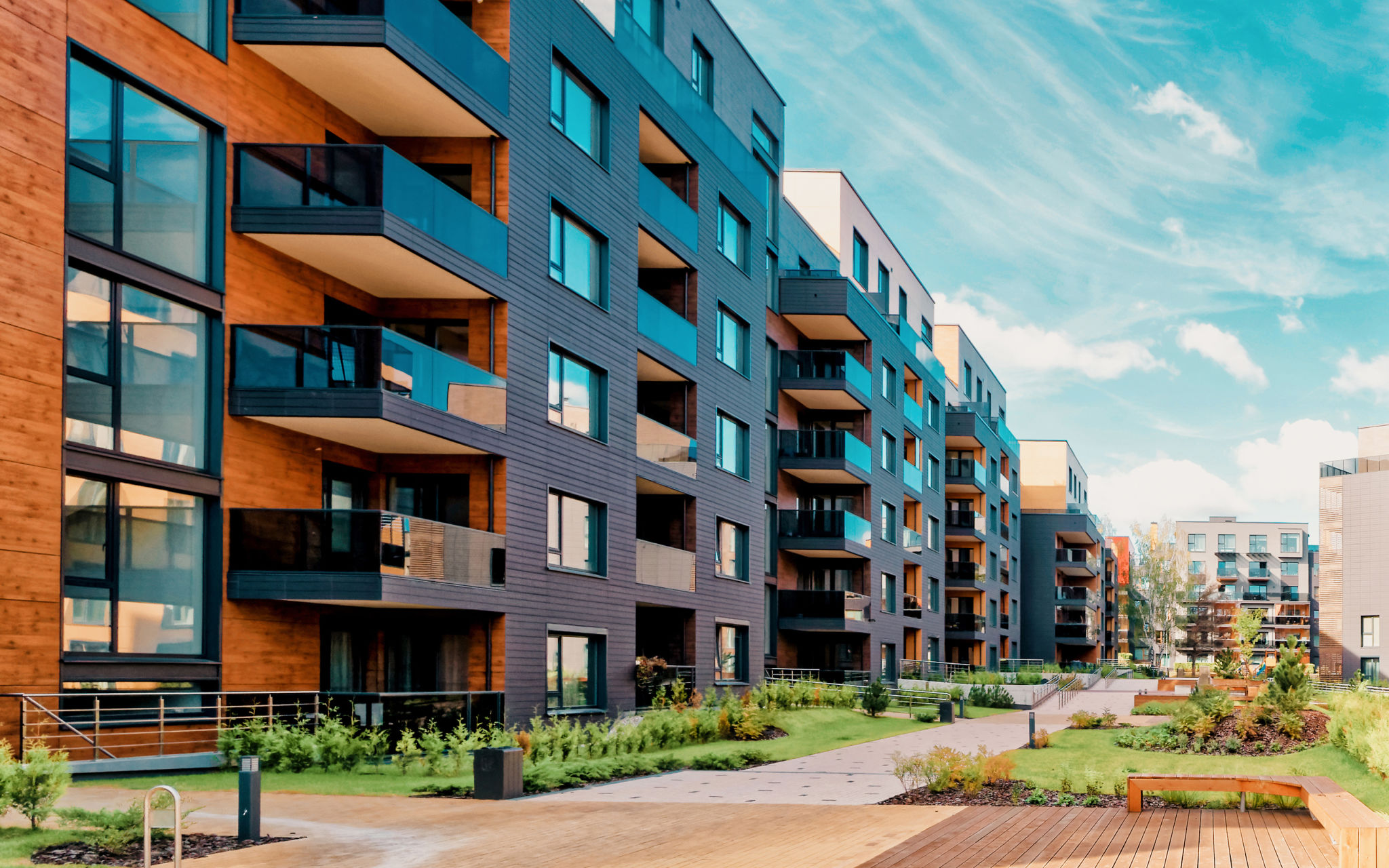Understanding Zoning Laws: A Guide for Property Developers
EC
What Are Zoning Laws?
Zoning laws are regulations set by municipalities that dictate how property in specific geographic zones can be used. These laws are essential for maintaining the orderly development of towns and cities, balancing residential, commercial, industrial, and agricultural needs. For property developers, understanding these laws is crucial as they affect every aspect of development, from the type of building that can be constructed to its height and density.

The Importance of Zoning Laws
Zoning laws help to prevent land-use conflicts and protect property values by ensuring that developments are compatible with their surroundings. They also play a pivotal role in environmental protection, historical preservation, and community planning. By adhering to zoning regulations, developers can avoid costly legal disputes and delays in their projects.
Types of Zoning
There are several types of zoning, each serving a different purpose:
- Residential Zoning: This covers areas designated primarily for housing and may include restrictions on the type of residences, such as single-family homes or multi-family units.
- Commercial Zoning: These zones allow for business activities, including retail stores, offices, and service providers.
- Industrial Zoning: This is meant for manufacturing and distribution facilities, often located away from residential areas to minimize noise and pollution.
- Agricultural Zoning: These areas are reserved for farming activities and may include limitations on building structures that are not related to agriculture.

Navigating the Zoning Approval Process
The zoning approval process can vary significantly between jurisdictions, but generally involves several key steps. Developers must first submit a proposal to the local zoning board or planning commission. This proposal should include detailed plans that showcase how the development will comply with existing zoning regulations.
Common Challenges in Zoning Compliance
Developers may face challenges such as opposition from local residents or environmental concerns. It's important to engage with the community early in the process to address any potential objections. Additionally, developers might need to apply for variances or special permits if their projects require deviations from existing zoning laws.

The Role of Zoning Consultants
Given the complexity of zoning laws, many developers choose to work with zoning consultants who specialize in interpreting these regulations. A consultant can provide invaluable insights into local laws and assist in navigating the approval process efficiently, ensuring that projects meet all legal requirements and proceed smoothly.
Future Trends in Zoning
As urbanization continues to increase, zoning laws are evolving to address new challenges. This includes accommodating mixed-use developments that combine residential, commercial, and recreational spaces. Sustainability is also becoming a focal point, with many cities revising their zoning codes to encourage green building practices and energy-efficient designs.
Understanding and adhering to zoning laws is essential for property developers aiming for successful project completion. By being informed and proactive, developers can not only ensure compliance but also contribute positively to community growth and development.